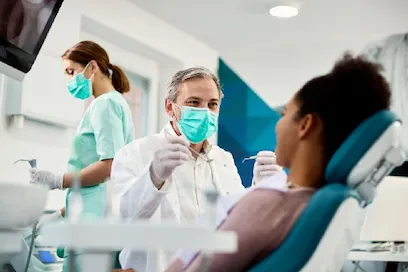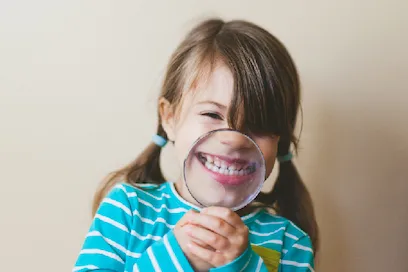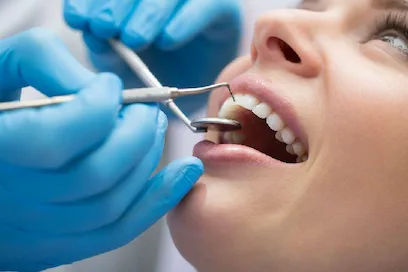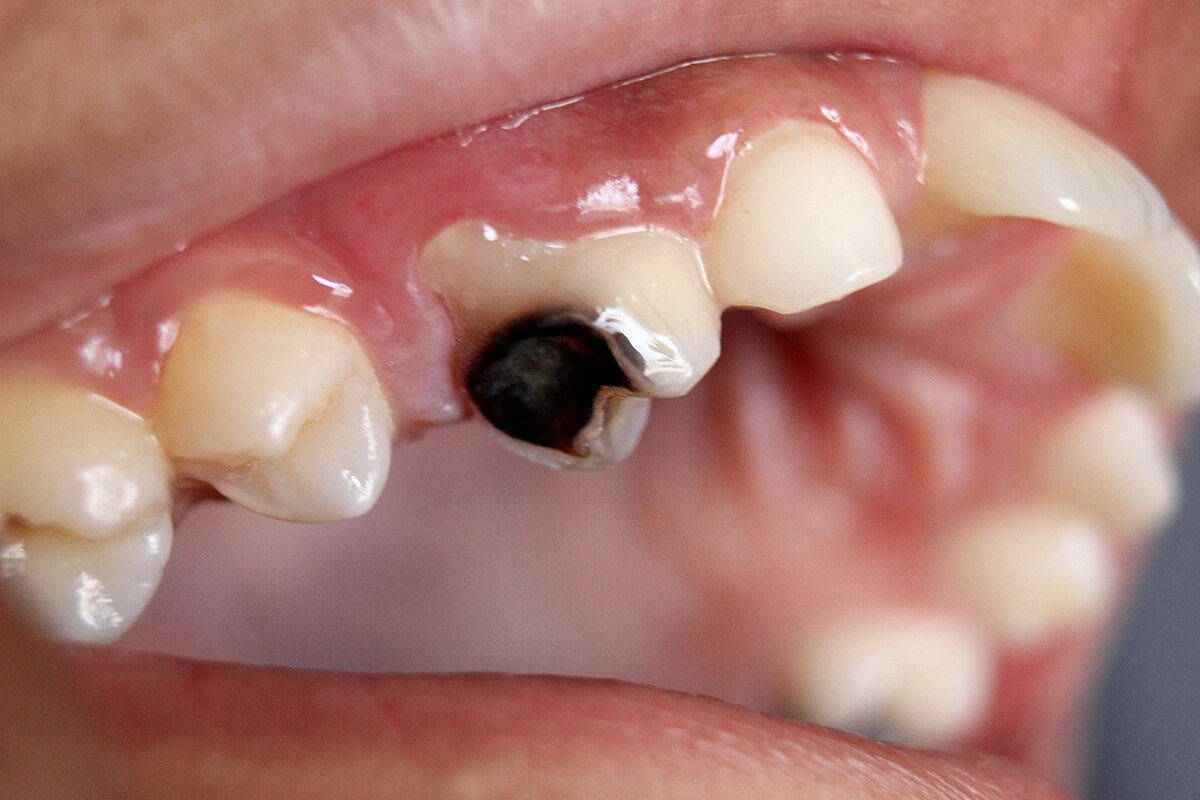Baby teeth, or primary teeth, play a crucial role in your child’s oral and overall development. Here are five important things parents should know about baby teeth:
1. Baby Teeth Are Essential, Not Temporary
- Functions:
- Help children chew and eat properly.
- Aid in speech development.
- Hold space for permanent teeth and guide them into the correct position.
- Why It Matters: Losing baby teeth too early due to decay or injury can lead to alignment issues for permanent teeth.
2. Oral Care Starts Before the First Tooth
- What to Do:
- Clean your baby’s gums with a damp, soft cloth after feedings to remove bacteria.
- Begin brushing as soon as the first tooth erupts, using a baby toothbrush and a rice-sized amount of fluoride toothpaste.
- Importance: Early oral hygiene habits prevent bacteria buildup and set the foundation for lifelong dental health.
3. Tooth Decay Can Affect Baby Teeth
- Causes:
- Prolonged exposure to sugary liquids (e.g., milk, formula, or juice) can cause “baby bottle tooth decay.”
- Prevention:
- Avoid putting your child to bed with a bottle.
- Transition from a bottle to a cup around their first birthday.
- Limit sugary snacks and drinks.
- Why It Matters: Decay in baby teeth can lead to pain, infection, and problems with permanent teeth development.
4. Teething Is Normal but Can Be Managed
- When It Starts: Typically between 4–7 months, though it varies.
- Common Symptoms:
- Irritability, drooling, and a desire to chew on objects.
- Mild gum swelling or tenderness.
- How to Help:
- Offer a cold teething ring or a clean, damp washcloth for chewing.
- Massage the gums gently with your finger.
- Consult a pediatrician before using teething gels or medications.
- Note: Fever or diarrhea is not a typical symptom of teething and may indicate illness.
5. The First Dental Visit Should Happen Early
- When: Schedule your child’s first dental visit by their first birthday or within six months of the first tooth appearing.
- Why It’s Important:
- Dentists can identify early signs of tooth decay or alignment issues.
- The visit helps familiarize your child with dental care, reducing fear in the future.
- Tip for Parents: Make the visit fun and stress-free to encourage positive associations with dental care.
Quick Takeaways for Parents
- Baby teeth are critical for eating, speaking, and guiding permanent teeth.
- Start oral hygiene early and prioritize regular dental visits.
- Prevent decay by managing diet and brushing habits.
- Support your baby through teething with safe, soothing techniques.
By understanding and caring for baby teeth, you help ensure your child’s oral health and overall well-being!







